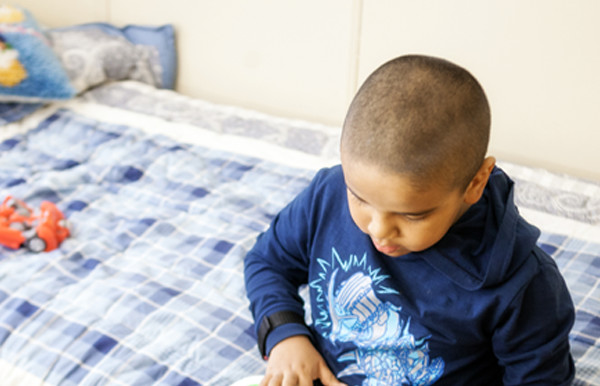HB101 introduces many programs that can help people with low income pay for housing and help people with disabilities and seniors pay for services. Most of these programs are designed to help almost anybody who has low income, including people with or without disabilities, seniors and youth, families, and people who don’t have family support. As a whole, most programs help people living in diverse situations.
However, this section introduces some extra programs that only help people in very specific situations and don’t help most other people with low income. These programs help:
- People who are experiencing homelessness
- Veterans
- People with HIV/AIDS
- People living in rural areas, and
- American Indians.
If you are in one of these groups, you can apply for help from the other programs introduced on HB101, but it may be easier for you to qualify for programs that are meant to help people in your situation.
These programs can help make housing less expensive and more stable, can help you buy a home or make improvements to the home you have, and can give you a safe and supportive place to live. For most of them, your income has to be below certain limits, but the limit can depend on the program, where you live, and other factors.
Types of Programs
These programs for special circumstances can help in different ways:
- Home repair grants and loans can help make buying, owning, and repairing your home more affordable, and can help you make your home safer and more comfortable.
- Rent help lowers the amount of rent you have to pay each month. It might let you live in a privately owned apartment that you get to choose or you might be able to move into a specific unit or building that has lower rent, depending on the program that helps you and the area you live in.
- Supportive housing developments have on-site services, such as skilled nursing, or help with daily living tasks like bathing, cooking, and dressing.




Give Feedback